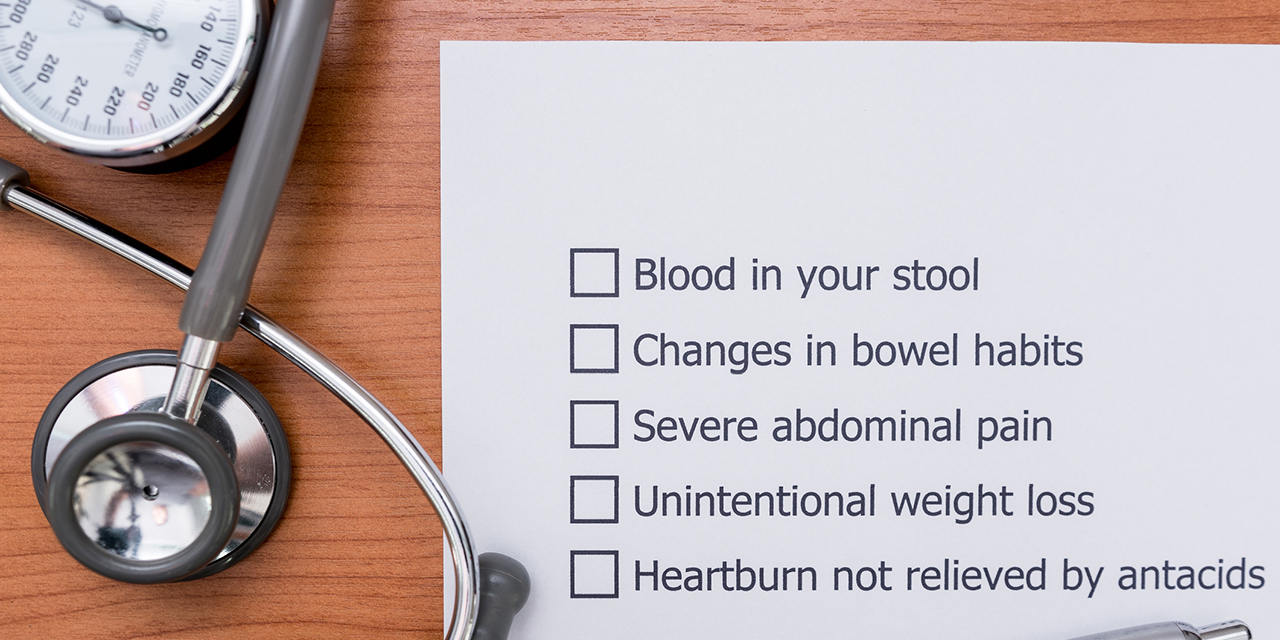Colorectal cancer is the leading cause of cancer death in Americans under the age of 50. The unfortunate truth is that it’s largely preventable, yet many people put off getting screened or don’t believe they need to at all.
Colon cancer screenings are the key to preventing and finding precancerous polyps before they metastasize. While colonoscopies remain the “gold standard” for colon cancer testing, there are also at-home kits and fecal immunochemical tests (FIT) that offer low to average-risk patients an alternative screening option.
The Truth about FITs and Kits
Many doctors agree the best test is one the patient completes. The dreaded bowel prep is enough to keep patients from scheduling regular colonoscopies, making stool-based tests a more appealing way to screen for colon cancer. At-home tests offer many benefits, but there are also some drawbacks.
Colonoscopies are known as the “gold standard” because doctors get a complete look inside the colon to check for signs of inflammation, bleeding, and abnormal growths. If your doctor finds any tumors or polyps, they can remove them right then and there.
At-home kits may be more convenient and less invasive, but if your test results are positive, you will need to schedule a colonoscopy. In these cases, a follow-up colonoscopy isn’t always covered by your insurance. This may leave patients deciding whether to pay for the procedure or skip due to cost. At-home kits, like Cologuard, could also miss polyps and other abnormalities, leaving potential cancer undiagnosed.
Like at-home kits, FIT can be a screening alternative to colonoscopies. FIT are less expensive than at-home kits, and a study published by the American College of Surgeons found they were just as effective when screening for early-stage colon cancer. And FIT is covered by most insurance carriers, whereas only a select number of at-home kits are covered.
“Colon cancer, despite the availability of screening tests that are effective for early detection, remains common and is in fact still the second most common cause of cancer deaths in the US. Because of increasing incidence in younger people, colon cancer screening is now recommended beginning at age 45 and continues until ages 75 to 80. Colonoscopy is still the most accurate test and can prevent some cases of colon cancer if pre-malignant polyps are found and removed during the procedure. Fecal testing is also an option, and while not quite as accurate as a colonoscopy, is effective in detecting cancer. You should discuss which test is the best option for you with your physician at your next wellness visit.”
Which Screening Test is Right for Me?
Determining which type of screening is right for you is based on a number of factors. People with a family history of colon cancer, an immediate relative under 60 that was diagnosed with colon cancer, a previous inflammatory bowel disease diagnosis, or a history of precancerous polyps are considered higher-risk and should have a colonoscopy.
People considered low to average risk of colon cancer may use stool tests, but doctors recommend getting at least one colonoscopy by the time you turn 45, before relying on FIT or at-home kits.
FIT and at-home kits are more easily accessible, and allow patients to test without needing to take the day off of work and make arrangements for transportation and care after their scope. To use FIT or at-home kits, you must receive a prescription from your doctor and follow any instructions provided to avoid any mistakes that could create false results. Discussing your health history and risk factors will help determine the best screening option for you.
Getting screened for colon cancer is vital for your overall health. If you are 45 or older, don’t put-off your screening any longer. Schedule an appointment with your primary care physician today to discuss your colon cancer screening options.




